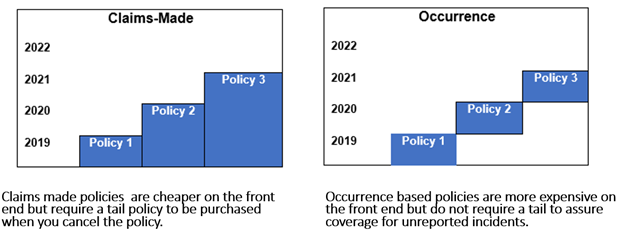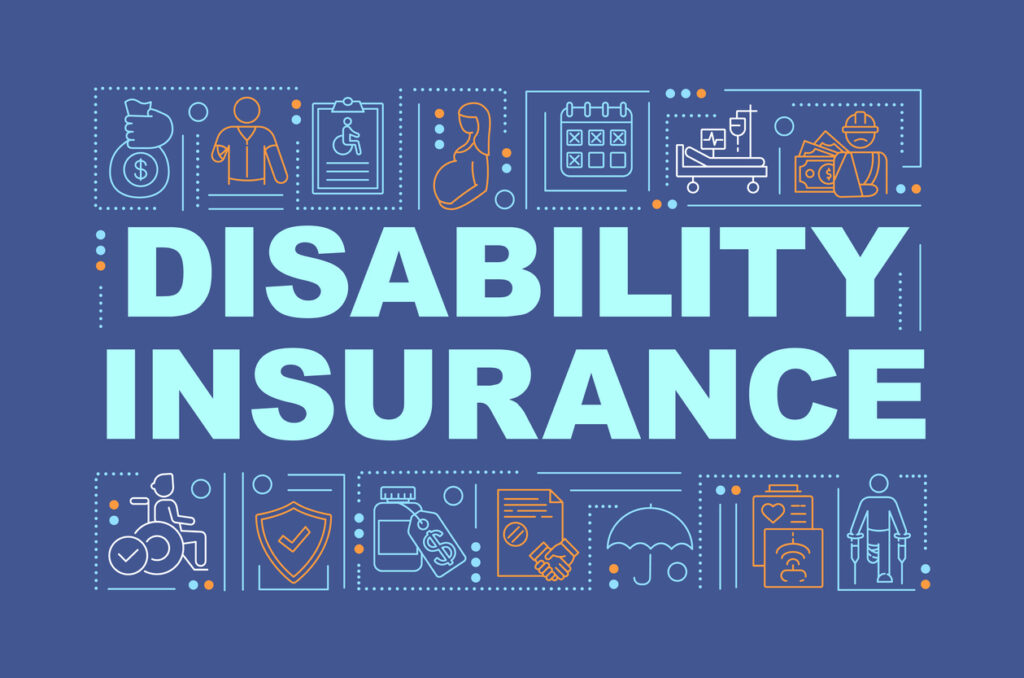Med Mal 101 Refresher for All Physicians
By Shawna Bertalot, CIC, ACI, WisMed Assure President
The WisMed Assure team spends a lot of time the first half of the year doing Medical Student and Resident education on topics especially important to those who are completing their education and heading off to their first jobs. Part of that education is Medical Professional Liability (Med Mal) 101.
An Invaluable Secret for Residents and Fellows
By Tom Strangstalien, Insurance Advisor
I recently spoke with a physician regarding an eye condition that he has developed. He doesn’t know his prognosis, but there’s a strong possibility that it could be debilitating and threaten his ability to practice medicine in his specialty. He inquired if there’s any way to increase his disability insurance coverage as his current limits are significantly below his income.
WisMed Assure clients benefit from access to Zywave solutions
By Martin Hurst, Insurance Service Representative
At WisMed Assure, we are committed to providing more than just insurance solutions; we are dedicated to fostering the success and prosperity of our valued customers. That’s why we proudly provide our customers access to Zywave free of charge, as a testament to our unwavering commitment to your organization’s success. Zywave provides HR solutions that assist with employee benefits management, compliance tracking, and HR administration.
Essential Estate Planning Documents in Wisconsin
By Mark Ziety, CFP®, AIF®, Senior Advisor, WisMed Financial
Planning your estate isn’t just about paperwork; it’s about giving your loved ones peace of mind. Here’s a breakdown of key documents in a Wisconsin estate plan.
Practice managers: join us for virtual discussions!
By Chris Noffke, GBDS, CSFS, Vice President of Employee Benefits
In the constantly changing field of health care management, it is crucial to collaborate and share insights to achieve success. With this in mind, we are pleased to announce that we will be hosting virtual discussions for practice managers.
Artificial Intelligence (AI)-Generated Healthcare Content; Understanding the Limitations
by Kaelin O’Reilly, ProAssurance communications specialist
Artificial intelligence (AI), including chatbot tools like the popular ChatGPT, has made possible many useful applications in the healthcare sphere. ChatGPT’s ability to generate human-like responses to natural language inputs has made it an attractive tool for professional and student writers. The application can help develop quality and informative content in the form of articles, reports, blogs, tweets, and emails.




























